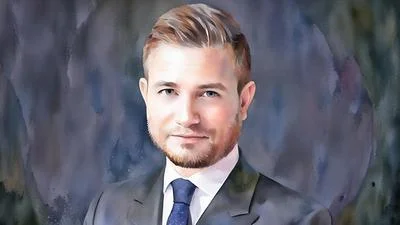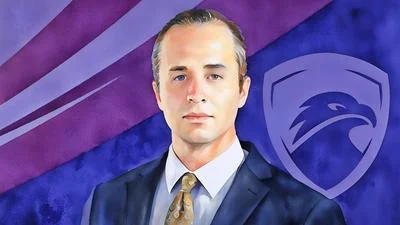Brian Darling is president of Liberty Government Affairs, a public affairs firm.
This transcript has been edited for clarity and length.
Federal Newswire: What is your approach to public relations?
Darling: If you're doing public relations, you're trying to tell a story. I do a lot of work with different companies that are trying to tell a story to Capitol Hill, to the White House. Basically to allow them to define themselves and not to be defined by others.
Think about Capitol Hill. They're taking in messages through staff, through member meetings, but also through the media. They read the media. All of your members get information from different places, administration officials get information from different places.
Federal Newswire: How do you deal with a media that is not expert on an issue?
Darling: If it's their lane, [some reporters] have a very deep understanding of the companies and the issues surrounding the companies.
When you get into the specialists, they do know what they're talking about. A lot of reporters that are either new to the beat or they just don't have a deep understanding of a certain issue, and you have to educate them. It’s sometimes a one on one education for them.
Federal Newswire: How do you handle a reporter who has a bias?
Darling: You just do your best to educate on what your company does or what the interest you're representing does, and hope that that breaks through. You are dealing with a lot of inherent biases. There are some that are trying to write a balanced story and just do their job.
You also have a lot of partisans. We see it every day on CNN, MSNBC, and Fox News where you have more partisan [stories]. I wouldn't call them reporters, but a fusion of reporting and opinion. You're dealing with the different platforms. Some of them have a conservative view, some of them are liberal.
Federal Newswire: Is it more gamesmanship, can partisans be persuaded?
Darling: I've had a couple circumstances where reporters have called me and it seems like their story's already written. They just want to plug in a quote or they have some bias, angle, or theme to their story. When you confront them with facts, sometimes you blow it up, sometimes you don't.
But you know, the ethical reporters will listen to you. If they are proven wrong, then all of a sudden they have to scrap the story and move on to the next one.
Federal Newswire: How do you work to bring parties together when they have opposing interests?
Darling: It's hard to do. You do your best to persuade, but you also do your best to expose [what] you think is wrong.
Sometimes it's friendly persuasion.
Federal Newswire: Can we fix or change politics, the press, or Washington?
Darling: Back in the day, Senator Byrd, a Democrat senator from West Virginia, used to say, “why do you need a lobbyist? You just come in and talk to me, I'll help you out.” That was an attitude back in the day where members had just a different perspective on the way Congress should run.
Now K Street is loaded with professionals, and you've just got an expansion of PR firms and lobbying firms. Ultimately, what are we doing? We're exercising the First Amendment rights of the American people and corporations.









